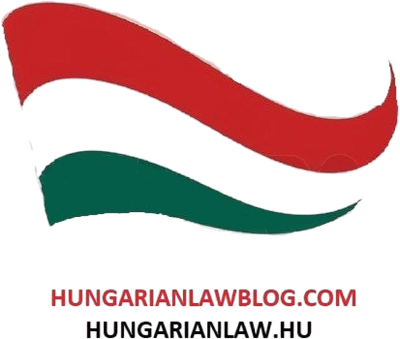Insights into the application and effectiveness of certain special judicial review procedures.
In order to ensure the public authenticity of the company register, the Court of Registration enforces the lawful operation of the company by means of the supervision procedure.
The supervision procedures can be divided into two main categories: ordinary and special supervision procedures. In previous posts, we have dealt with the general rules and, among the special procedures, we have described the procedures for the winding up of a company with an unknown registered office and the procedure for the application of a person registered in the commercial register. We have also previously touched on the special statutory procedures for declaring companies in liquidation and for members of limited and general partnerships. In the present post, we present two special legality supervision procedures which have not yet been discussed and which occur relatively less frequently: the suspension of the operation of a company and the initiation of proceedings before another authority.
The suspension of the operation of a company [Section 85 of the Companies Act] may take place if the Commercial Court becomes officially aware that the company or its member is subject to a financial or property restriction measure based on an international legal obligation or an EU law order.
The background legislation for the suspension is contained in Act LII of 2017 on the Implementation of Financial and Property Restrictive Measures Ordered by the European Union and the UN Security Council. The UNSC may decide to impose restrictive measures in order to maintain or restore international peace and security, which UN member states must implement. In addition to general trade embargoes against individual countries, it is also possible to adopt targeted sanctions, which directly impose sanctions only on persons or entities that may be responsible for acts that threaten international peace and security (so-called "sanctioned persons"). The European Union decides to impose restrictive measures within the framework of its Common Foreign and Security Policy, both with a view to implementing the above-mentioned UNSC resolutions at EU level and autonomously, in order to implement EU foreign policy.
The Commercial Court may initiate proceedings before another authority [Section 86 of the Companies Act] if it deems it necessary to do so in order to protect the interests of members or the rights of creditors due to the unlawful operation of the company or the unlawful activities of its management. Such an initiative is typically taken when the company is carrying out a supervised activity without a licence or in excess of the limits of the licence; for example, the commercial court initiates a supervisory procedure with the National Bank of Hungary as the authority supervising the financial intermediary system if it detects unauthorised financial or investment services activities.
The authority that initiated the procedure must inform the company court within 30 days whether or not it has initiated the procedure, given that the authority concerned has discretion as to whether or not to initiate the procedure and the company court has no right of appeal if the authority decides not to initiate the procedure. The requested authority is also obliged to subsequently notify the company court of the termination of the proceedings initiated and of the measures taken.

